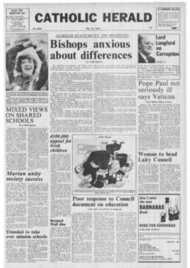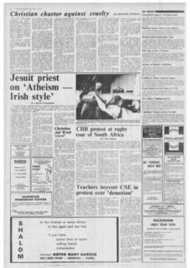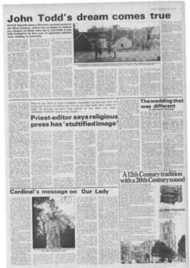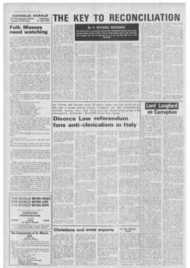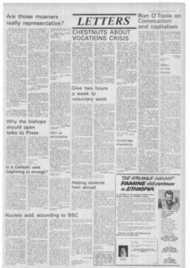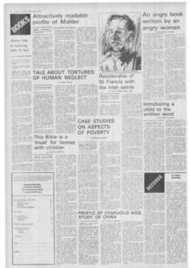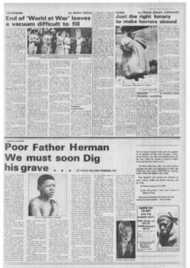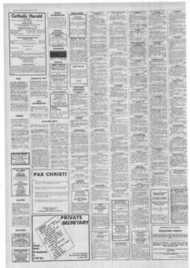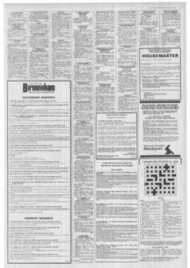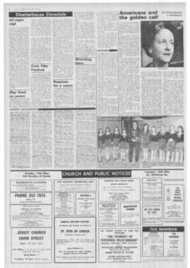Page 6, 10th May 1974
Page 6
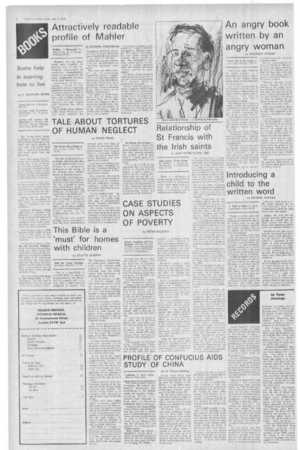
Report an error
Noticed an error on this page?If you've noticed an error in this article please click here to report it.
Tags
Share
Related articles
Wide Variety With Appeal To Children
Books For Children By Isabel Quigly
Parent—teacher Relationships
Hat Children Like To Read
Real Support Not Rhetoric On 'family'
Introducing a child to the written word
by MICHAEL HUGHES
A Time to Learn by Ruth Inglis (Peter Owen £4.50) Whatever one feels about the value or disadvantages of introducing the.pre-school child to the written word, no one will argue with Ruth Inglis' assertion that spoken language must be an integral part of the child's early development.
Her contribution to the field is that she does not take it for granted that we are acquainted with the complex thoughts and language of educationalists, thereby enabling us to understand the rich ideas of the great men of modern education, such as Eysenek, Bloom and Piaget.
A Time to Learn is written by a parent who cares not only for her own children, but also very obviously for all those parents' who are baffled by the infighting of experts who, she feels, fail to "laicise" their findings for the use of those who love and care for children.
One of the primary linguistic phenomena of our time is the television, and, unlike many who try to ignore its existence
or deny the child access to it, Mrs Inglis assesses the interpretations and misinterpretations which the child derives from this medium.
Happily, she finds that the horizons which the child surveys through the cathode tube arc often salutary; the child undergoes vital experiences, and acquires new linguistic dimensions.
Nevertheless she does not ignore the continued importance of the written word, and one of the sad elements of modern children's literature is the failure of child psychologists and sociologists to communicate with thos responsible for the publishing of the literature. We are hardly likely to obtain what is best, given such a dichotomy.
In our thoughts for the future let us consider not merely what we want children to be, but what they actually are: they are developmentally different from adults, with a logic and egocentricity of their own. Therein lies their precious uni-, queness, which we must not mar by the imposition of ill-fitting adult concepts in miniature.
blog comments powered by Disqus


